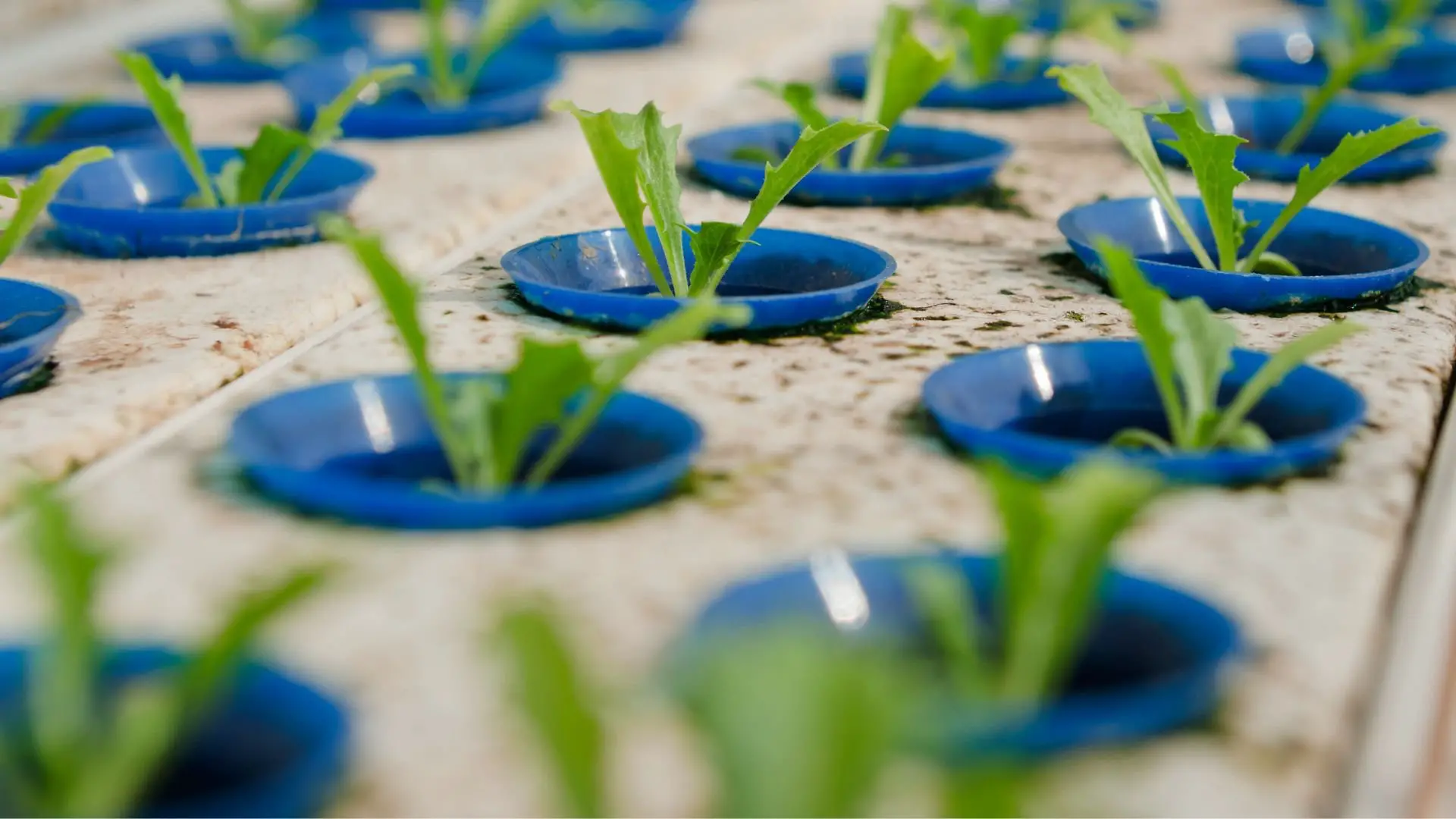The HVAC (Heating, Ventilation, and Air Conditioning) system has become an indispensable part of our daily lives, providing us with comfort and maintaining optimal indoor air quality. Whether it be at home, in the office, or in public spaces, HVAC systems play a crucial role in regulating temperature, humidity, and air circulation. Understanding the functions and importance of HVAC systems can help us appreciate their significance and make informed decisions about their installation and maintenance.
Heating is one of the primary functions of an HVAC system, ensuring that we stay warm during colder months. It involves the use of equipment such as furnaces or boilers that generate heat to keep indoor temperatures at a comfortable level. Ventilation, on the other hand, focuses on exchanging stale indoor air with fresh outdoor air. This process removes pollutants, odors, and excess moisture from enclosed spaces, ensuring a healthy and breathable environment. Lastly, air conditioning helps in cooling down indoor spaces during hot weather conditions by removing excess heat and humidity. With the advancement of technology, HVAC systems have become more energy-efficient, environmentally friendly, and customizable to individual needs.
Importance of Regular HVAC Maintenance
Regular maintenance is essential to ensure the proper functioning of an HVAC system and extend its lifespan. Neglecting routine maintenance can lead to a variety of issues, including reduced efficiency, frequent breakdowns, and poor indoor air quality. Hiring a professional HVAC company near me is highly recommended to perform regular inspections and maintenance tasks.
A professional technician will conduct a thorough inspection of the system, checking for any potential problems or issues. They will clean or replace air filters, which can accumulate dust and debris over time, affecting the system’s airflow and efficiency. Additionally, they will inspect and clean the different components of the HVAC system, such as the coils, fans, and ductwork, to ensure they are functioning properly.
Regular maintenance helps optimize the performance of the HVAC system, ensuring it operates at maximum efficiency. This not only reduces energy consumption but also translates into cost savings on utility bills. Furthermore, regular maintenance improves indoor air quality by removing contaminants and allergens that may be circulating in the air. It also helps prevent potential breakdowns and costly repairs by detecting and addressing any minor issues before they escalate.
In conclusion, regular HVAC maintenance is crucial for keeping your system running efficiently, reducing energy costs, improving indoor air quality, and prolonging its lifespan. Be sure to hire a professional hvac company near me to handle all your maintenance needs.
Holtzople Heating & Air Conditioning
Frederick, Maryland, 21701
866-941-8228
Regular HVAC maintenance is crucial for keeping your system running efficiently, reducing energy costs, improving indoor air quality, and prolonging its lifespan. Neglecting routine maintenance can lead to reduced efficiency, frequent breakdowns, and poor indoor air quality. Hiring a professional HVAC company is highly recommended to perform regular inspections and maintenance tasks. A professional technician will conduct a thorough inspection of the system, clean or replace air filters, and inspect and clean the different components to ensure they are functioning properly. Regular maintenance helps optimize performance, reduce energy consumption, improve indoor air quality, and prevent potential breakdowns and costly repairs. By investing in regular HVAC maintenance, you can ensure the proper functioning of your system, save on utility bills, and enjoy a comfortable and healthy indoor environment.




